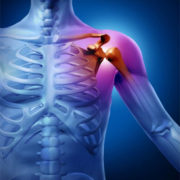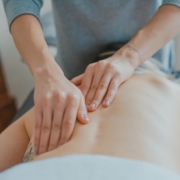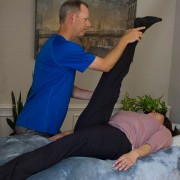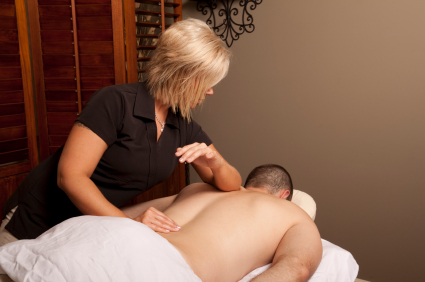Chronic Shoulder Pain
By far one of the most common things we see in our office is chronic shoulder pain. While there are many things that can cause chronic shoulder pain, the majority of what we see is due to minor but constant muscular tension imbalance due to repetitive use. For the sake of being thorough, let’s go through a few of the most common injuries and highlight how massage may be able to help.
For any acute pain that has a specific onset and creates a lack of range of motion or severe pain, we always recommend going to see your physician to find out exactly what’s wrong. While there are techniques that we can apply without a diagnosis that will avoid further injury and may still help alleviate some if not all symptoms, your treatment will not be as comprehensive as it could be if we knew exactly what the problem is. Here is a list of some acute shoulder injuries and how we can help.
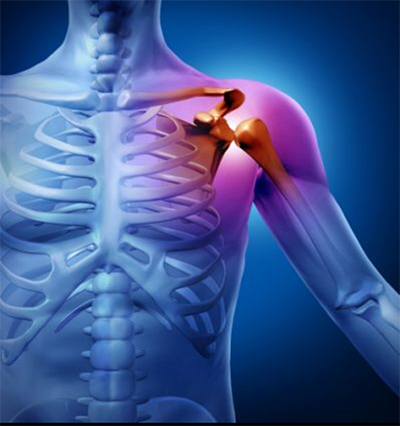
Chronic Shoulder Pain
Frozen shoulder – This condition in notoriously suborn. While massage work that directly affects the shoulder joint can be contraindicated, Deep Tissue techniques work great in conjunction with physical therapy to help alleviate tension in muscles surrounding the shoulder joint and prevent any compensation injuries. Lymphatic drainage can help with any associated swelling.
Tendonitis – For acute tendonitis that’s associated with a strain, lymphatic drainage can help reduce swelling and expedite the healing process by getting the used up fluids out of the injury and replenishing them with the nutrient-rich fluids they need to repair. For tendonitis that occurs from repetitive use, Deep Tissue techniques can help improve circulation to tendons and muscles to restore muscular balance around the shoulder.
Torn Rotator Cuff – There are many varying degrees that someone can injure their rotator cuff. If a tear is minor and does not require surgery, massage can help with maintaining length in the muscle that is associated with the torn tendon to reduce tension on it and improve recovery time. Lymphatic drainage is also helpful for reducing swelling and improving overall circulation. If surgery is required than massage can be helpful with compensation tension in the neck and upper traps until the surgery is done. After surgery, it is recommended to wait a minimum of 3 days to try any type of massage. After that massage can be very helpful in regaining range of motion and improving balance around the shoulder.
Most shoulder pain we see in our office, however, is not acute and is more chronic in nature meaning it developed slowly and the pain most likely has a more dull, nagging quality to it as opposed to the sharp pain associated with an acute injury. These types of aches and pains typically arise from long hours at the computer, behind the wheel driving, or on a smartphone. We also see them come up when someone is performing a specific activity from a less than ideal posture (eg. pore form while exercising or bad sleeping position). There are many types of deep tissue techniques that can help you achieve better posture to minimize activities that continually reinjure overused tissues so you can gain permanent relief. We are always happy to answer any questions you may have regarding a specific issue. You can call and speak to our front desk staff or even request a call from one of our therapists.

